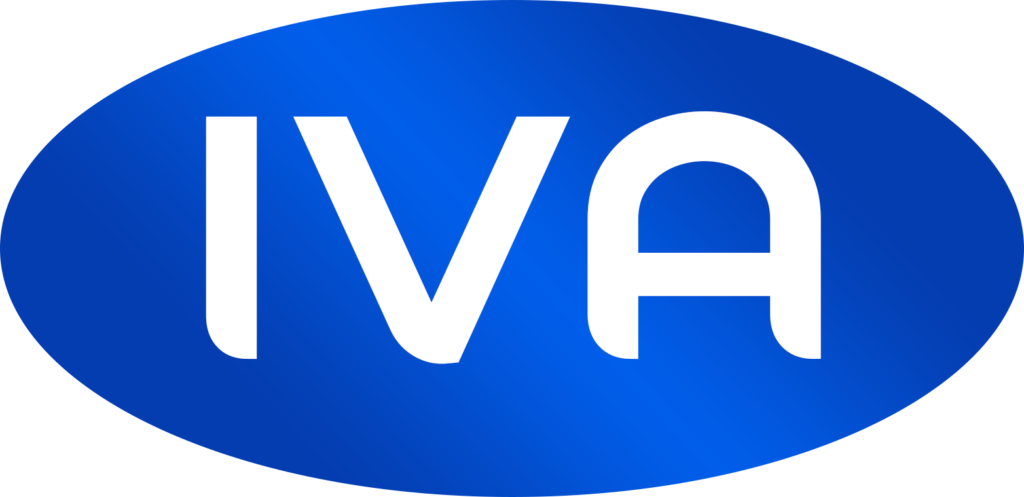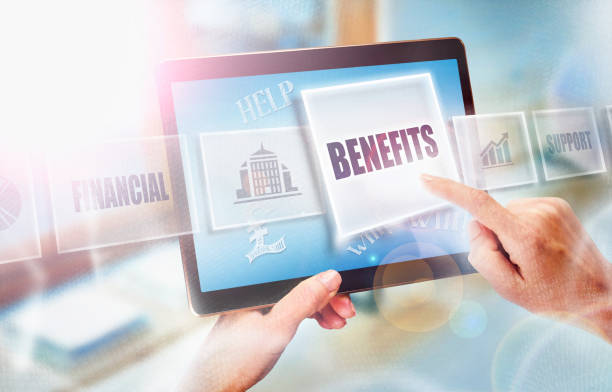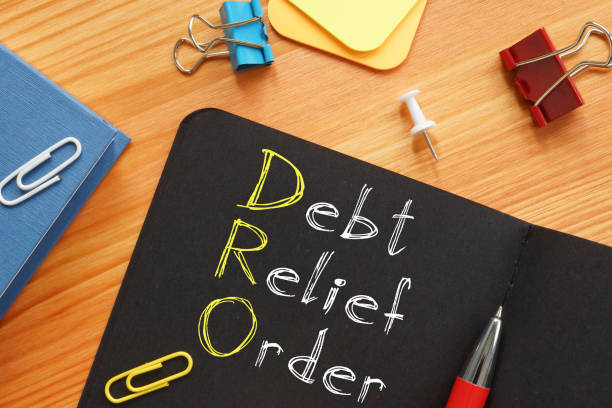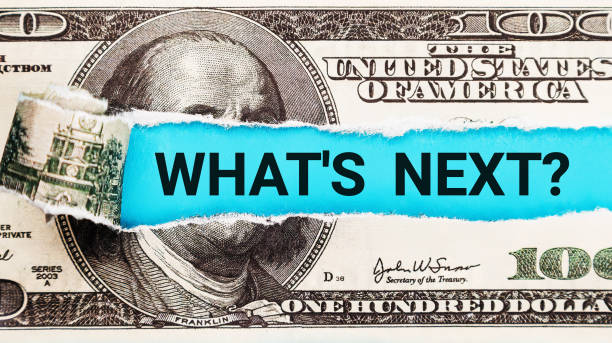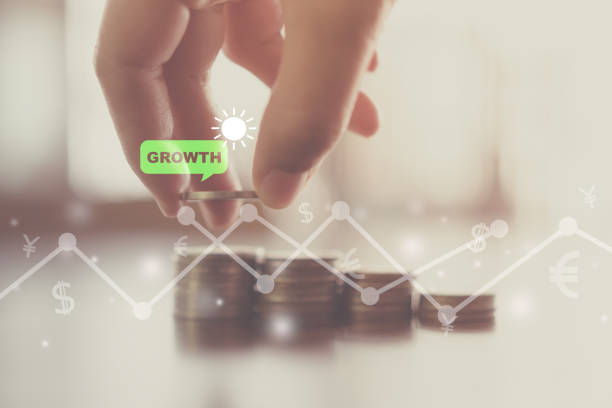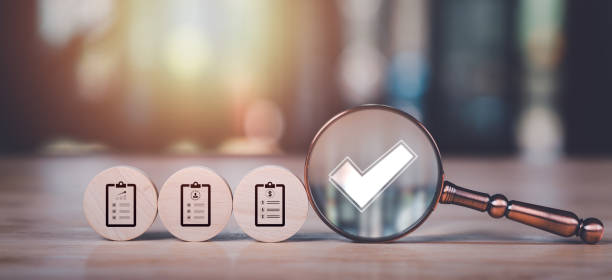Benefits of an IVA for Self-Employed Individuals in the UK
If you’re a self-employed individual in the UK facing financial challenges, an Individual Voluntary Arrangement (IVA) could be the solution to help you regain control over your debt. As a self-employed person, managing cash flow and meeting financial obligations can be more difficult than for salaried workers, especially if business profits fluctuate. But don’t worry — an IVA can provide much-needed relief. In this blog, we will explore the benefits of an IVA for self-employed individuals, and explain why this debt solution might be a good alternative to bankruptcy.
What is an IVA?
An Individual Voluntary Arrangement (IVA) is a formal agreement between you and your creditors to pay back a portion of your debts over a fixed period, usually five to six years. Once you complete the agreed payments, any remaining eligible debt is written off. This process is managed by an insolvency practitioner (IP) who works with you to propose a manageable repayment plan.
Why Is an IVA Beneficial for Self-Employed Individuals?
As a self-employed person, you face unique financial challenges, including inconsistent income and personal responsibility for business debts. An IVA offers several significant advantages for UK citizens, including pensioners and retirees, who are self-employed and struggling with debt.
1. Manageable Repayment Plan
One of the main advantages of an IVA is that it allows you to set up a repayment plan based on your income. As a self-employed individual, your income may fluctuate, but the IVA payment plan is tailored to suit your financial situation. This flexibility ensures that you only pay what you can afford, offering you a much-needed breathing space to get your finances back on track.
2. Legal Protection from Creditors
If you’re self-employed and falling behind on debt payments, creditors can take aggressive actions to recover their money, including sending debt collectors or taking legal action. An IVA offers legal protection once it’s in place. Your creditors are no longer allowed to contact you directly, and they cannot pursue legal action to recover the debt. This can provide a huge sense of relief, allowing you to focus on running your business without the constant stress of creditor threats.
3. Write Off Unsecured Debt
An IVA allows you to reduce and even write off a portion of your unsecured debt. This includes debts like credit cards, personal loans, and some business-related debts. For self-employed individuals with significant debt, this could be an invaluable benefit. Once the IVA is completed, any remaining eligible debt is written off, giving you a fresh financial start.
4. Avoid Bankruptcy
Bankruptcy is often seen as a last resort for individuals struggling with debt. While it may discharge your debts, it comes with severe consequences, such as the loss of assets and a long-lasting impact on your credit score. For self-employed individuals, an IVA is a much more attractive option than bankruptcy because it allows you to keep your assets, such as your business equipment, home, and car, while still addressing your debt. It also has less impact on your credit score compared to bankruptcy, which remains on your record for up to 10 years.
5. Simplify Your Finances
When you’re self-employed, managing debt can be overwhelming, especially if you have multiple creditors. An IVA simplifies your finances by consolidating all your unsecured debts into one manageable monthly payment. This makes budgeting easier, and you can rest assured that your creditors are legally bound by the terms of the agreement.
6. Potential for Debt Relief
In some cases, an IVA can lead to debt relief by writing off a portion of your outstanding debts. This can significantly improve your financial outlook, especially if you’re struggling with large amounts of unsecured debt. After completing the IVA, you will have reduced your debt burden, which can be life-changing, particularly for pensioners and retirees in the self-employed sector.
How Does the IVA Process Work?
The IVA process is straightforward and involves the following steps:
- Initial Consultation: You’ll meet with an insolvency practitioner (IP) to assess your financial situation and determine if an IVA is right for you.
- Proposal Creation: The IP will prepare a proposal for your creditors outlining how you intend to repay your debt.
- Creditors’ Meeting: Your creditors will vote on whether to accept the IVA proposal. If at least 75% of creditors (by value) agree, the IVA is approved.
- Monthly Payments: You will make agreed monthly payments for the duration of the IVA, which will last 5–6 years.
- Debt Write-Off: After successfully completing the IVA, any remaining eligible debt is written off, and you are financially free.
Is an IVA Right for You?
An IVA is not for everyone, and it’s important to assess whether it is the best option for your financial situation. Self-employed individuals with unsecured debts of at least £6,000 and who are struggling to meet payment obligations may find that an IVA is an excellent solution. Additionally, an IVA can help you avoid the far-reaching consequences of bankruptcy and give you the breathing room needed to focus on your business.
At Apply for IVA, we specialize in helping UK citizens, including self-employed individuals, pensioners, and retirees, navigate the IVA process. Our team will guide you through every step, from assessing your eligibility to negotiating with your creditors, so you can take control of your debt and move forward with confidence.
Take the First Step Toward Debt Relief
If you’re self-employed and overwhelmed by debt, don’t wait until it’s too late. Reach out to Apply for IVA for a free consultation today. Let us help you explore whether an IVA is the right solution for you.
#IVA #DebtRelief #SelfEmployed #DebtSolutions #BankruptcyAlternatives #Pensioners #Retirees #UKCitizens #FinancialFreedom #DebtRecovery #IVAGu
